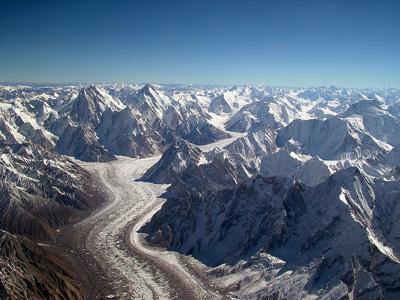We are, in fact geeks
by J
(America)
Disregard the above statement, we will go out of our way to make something mathematic.
Barry's Response
Why would someone do that? Here's a few reasons that people make math:
- Mathematical precision and accuracy can be helpful in a lot of fields, including science, engineering, finance, and economics.
- Math is often used to solve problems and make predictions. It's easier to analyze, understand, and solve problems when you express them mathematically.
- Math can simplify complex ideas and concepts, so they're easier to understand and work with.
- Math is a universal language that can be used across disciplines and cultures. Sharing and collaborating ideas becomes easier when they're expressed mathematically.
- Math can explain complex phenomena and systems in a clear and concise way. It's easier to understand and predict complex systems when you use mathematical models.
Basically, people make math because it's a powerful tool for solving problems, communicating ideas, and understanding complex things. Its precision and accuracy, combined with its ability to simplify and explain complex ideas, make it a valuable tool.
More advanced mathematics is used in professional sciences. Meteorology, the study of the Earth's atmosphere and weather patterns, relies heavily on mathematics. Mathematics is a fundamental tool in meteorology, from simulating weather patterns to analyzing data to make forecasts. Meteorology uses mathematics in a few ways:
- Modelling: Meteorologists use mathematical models to simulate the behavior of the atmosphere, including cloud formation, precipitation, and storms. We also use these models to understand and predict weather patterns, including long-term climate change.
- Meteorologists collect a lot of data from satellites, radar, and weather stations. Weather forecasts are created using mathematical techniques, including statistical analysis.
- Meteorologists make numerical weather predictions with mathematical models and computational techniques. Using complex algorithms, these predictions simulate how the atmosphere behaves over time based on a wide range of atmospheric conditions.
- To understand and predict long-term climate change, climate scientists use mathematical models. Factors like greenhouse gas emissions, ocean currents, and atmospheric circulation patterns are taken into account.
Math is crucial to meteorology because it provides meteorologists with the tools they need to understand, predict, and study the Earth's atmosphere.
Join in and write your own page! It's easy to do. How? Simply click here to return to Math rules!.
Do you have concerns about air pollution in your area??
Perhaps modelling air pollution will provide the answers to your question.
That is what I do on a full-time basis. Find out if it is necessary for your project.
Have your Say...
on the StuffintheAir facebook page
Other topics listed in these guides:
The Stuff-in-the-Air Site Map
And,
Thank you to my research and writing assistants, ChatGPT and WordTune, as well as Wombo and others for the images.
GPT-4, OpenAI's large-scale language generation model (and others provided by Google and Meta), helped generate this text. As soon as draft language is generated, the author reviews, edits, and revises it to their own liking and is responsible for the content.



